Fabrication method could facilitate materials discovery. Harvard team led by Philip Kim innovates in high-temperature superconductors using cuprates. Developed the world’s first superconducting diode, advancing quantum computing.


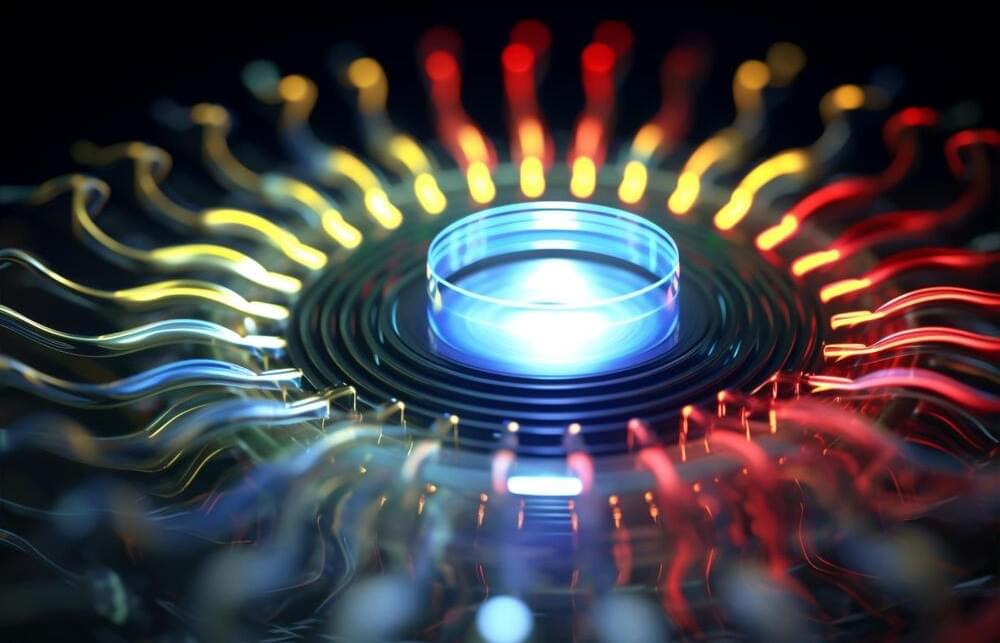
In a new breakthrough, researchers have used a novel technique to confirm a previously undetected physics phenomenon that could be used to improve data storage in the next generation of computer devices.
Spintronic memories, utilized in advanced computers and satellites, leverage the magnetic states produced by the intrinsic angular momentum of electrons for data storage and retrieval. Depending on its physical motion, an electron’s spin produces a magnetic current. Known as the “spin Hall effect,” this has key applications for magnetic materials across many different fields, ranging from low-power electronics to fundamental quantum mechanics.
More recently, scientists have found that electrons are also capable of generating electricity through a second kind of movement: orbital angular momentum, similar to how Earth revolves around the sun. This is known as the “orbital Hall effect,” said Roland Kawakami, co-author of the study and a professor in physics at The Ohio State University.
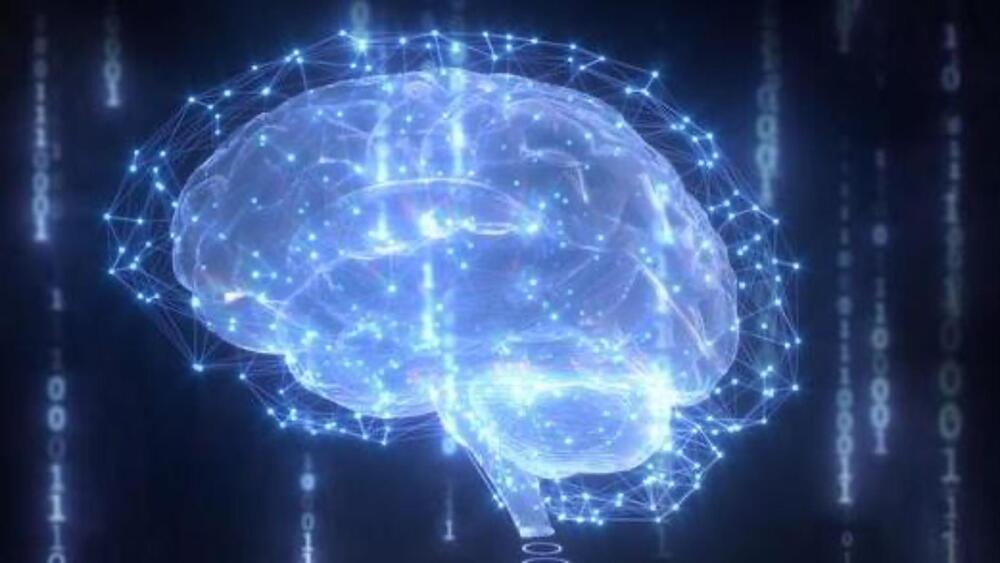
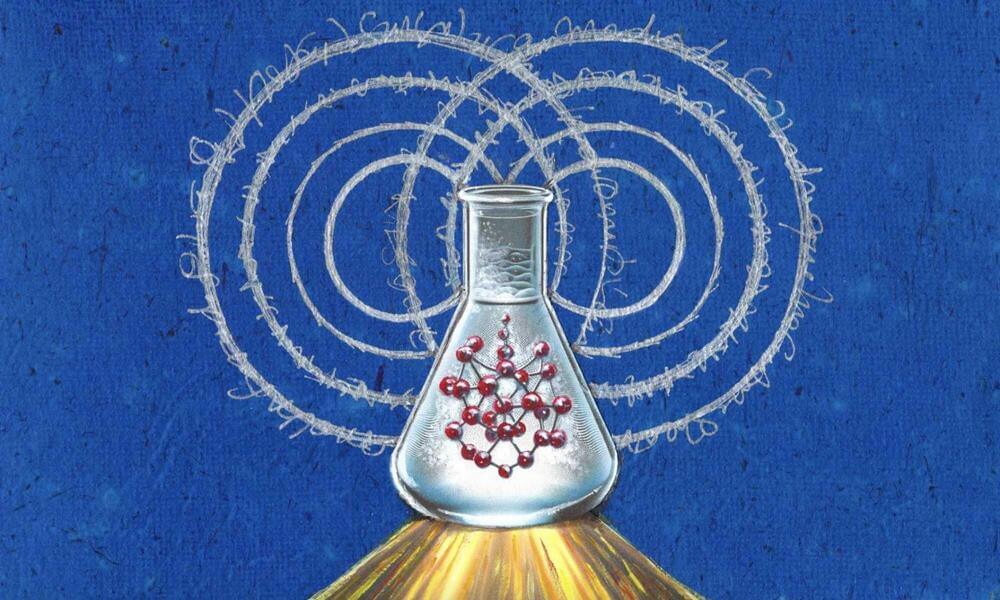
In quantum mechanics, particles can exist in multiple states at the same time, defying the logic of everyday experiences. This property, known as quantum superposition, is the basis for emerging quantum technologies that promise to transform computing, communication, and sensing. But quantum superpositions face a significant challenge: quantum decoherence. During this process, the delicate superposition of quantum states breaks down when interacting with its surrounding environment.
To unlock the power of chemistry to build complex molecular architectures for practical quantum applications, scientists need to understand and control quantum decoherence so that they can design molecules with specific quantum coherence properties. Doing so requires knowing how to rationally modify a molecule’s chemical structure to modulate or mitigate quantum decoherence.
To that end, scientists need to know the “spectral density,” the quantity that summarizes how fast the environment moves and how strongly it interacts with the quantum system.
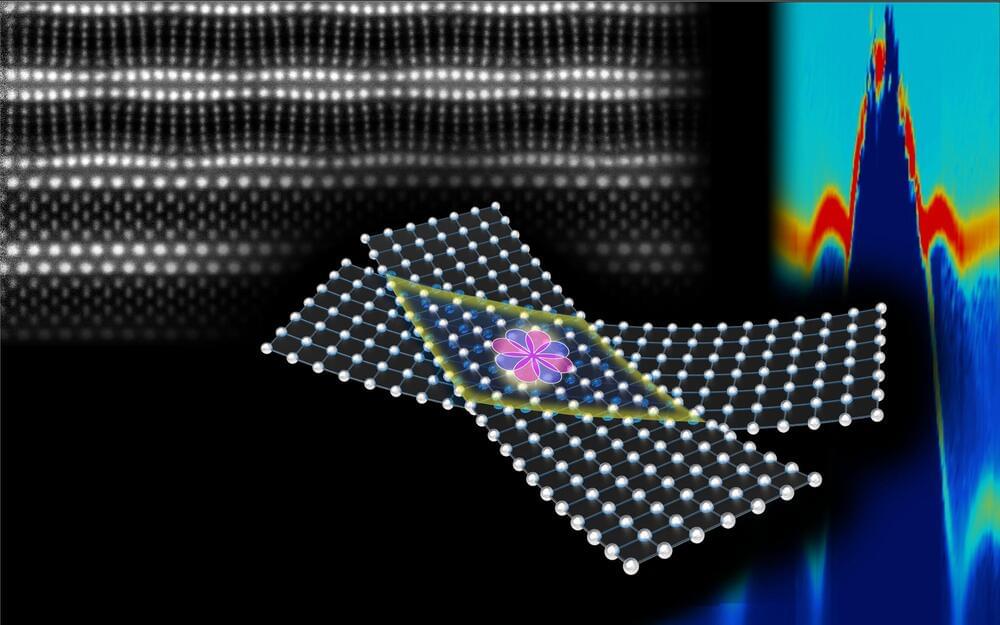
Superconductors have intrigued physicists for decades. But these materials, which allow the perfect, lossless flow of electrons, usually only exhibit this quantum-mechanical peculiarity at temperatures so low—a few degrees above absolute zero—as to render them impractical.
A research team led by Harvard Professor of Physics and Applied Physics Philip Kim has demonstrated a new strategy for making and manipulating a widely studied class of higher-temperature superconductors called cuprates, clearing a path to engineering new, unusual forms of superconductivity in previously unattainable materials.
Using a uniquely low-temperature device fabrication method, Kim and his team report in the journal Science a promising candidate for the world’s first high-temperature, superconducting diode—essentially, a switch that makes current flow in one direction—made out of thin cuprate crystals.
“Even now, quantum systems can serve as scientific tools,” Oliver Dial, IBM Quantum CTO told IE in an interview. Quantum utility might already be here, but will we soon see a company achieve quantum advantage?
But what exactly does that mean?
Oliver Dial, IBM Fellow and CTO, IBM Quantum walked us through some of these updates. In doing so, he highlighted the fact that “even now, quantum systems can serve as scientific tools to explore utility-scale classes of problems in chemistry, physics, and materials beyond brute force classical simulation of quantum mechanics.”
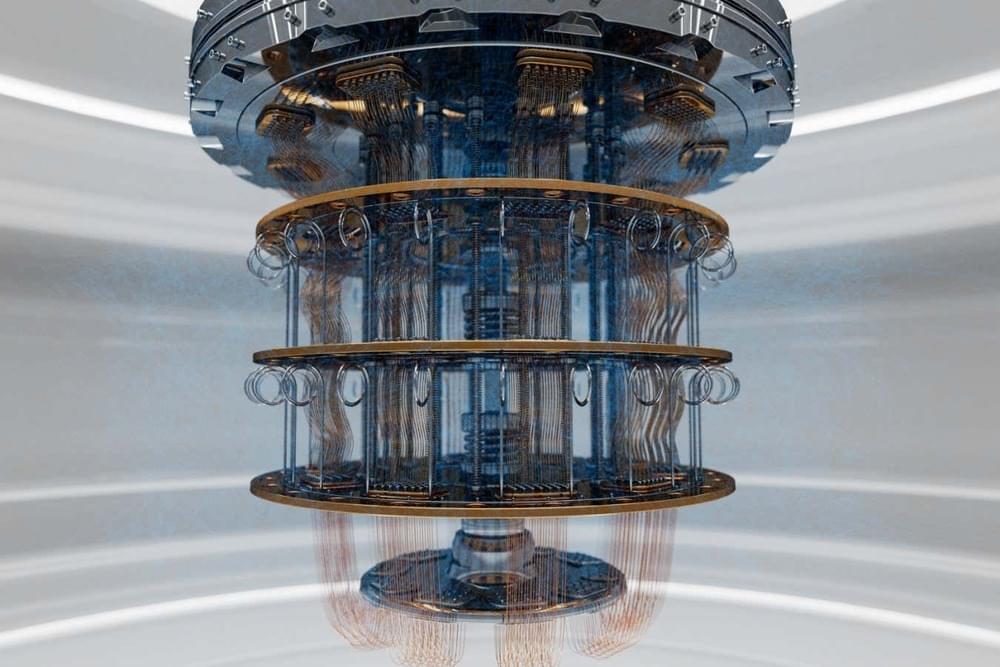
Quantum computers could become more useful now researchers at Google have designed an algorithm that can translate complex physical problems into the language of quantum physics.
By Alex Wilkins

Growing old may come with more aches and pains attached, but new research suggests there’s a bigger picture to look at: by reaching our dotage, we might actually be helping the evolution of our species.
Once assumed to be an inevitable consequence of living in a rough-and-tumble world, aging is now considered something of a mystery. Some species barely age at all, for example. One of the big questions is whether aging is simply a by-product of biology, or something that comes with an evolutionary advantage.
The new research is based on a computer model developed by a team from the HUN-REN Centre for Ecological Research in Hungary which suggests old age can be positively selected for in the same way as other traits.
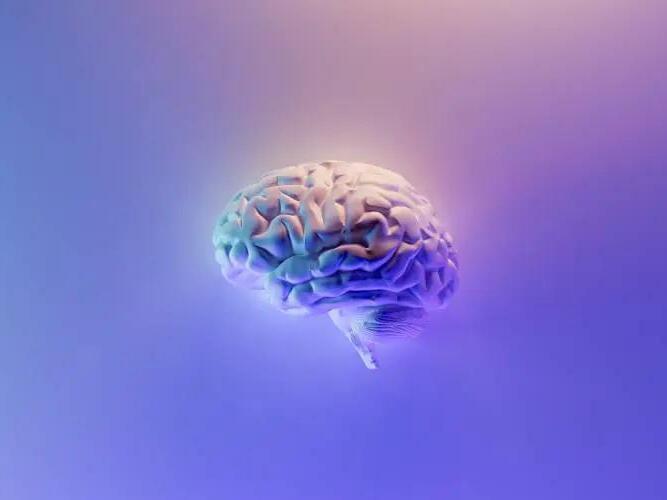

“Now, it is possible to teleport information so that it never physically travels across the connection — a “Star Trek” technology made real,” said researcher.
Scientists have been making discoveries in the quantum computing realm. In another leap, researchers successfully deployed the principles of quantum physics and transported information in the form of light patterns without physically moving the image itself.
According to a statement by the researchers, scientists demonstrated the quantum transport of the highest dimensionality of information to date. Particularly highlighting, the use of a teleportation-inspired configuration so that the information does not physically travel between the two communicating parties.
Entangling photons and nonlinear optical detector
Researchers used a special method that involved entangled photons and a nonlinear optical detector.